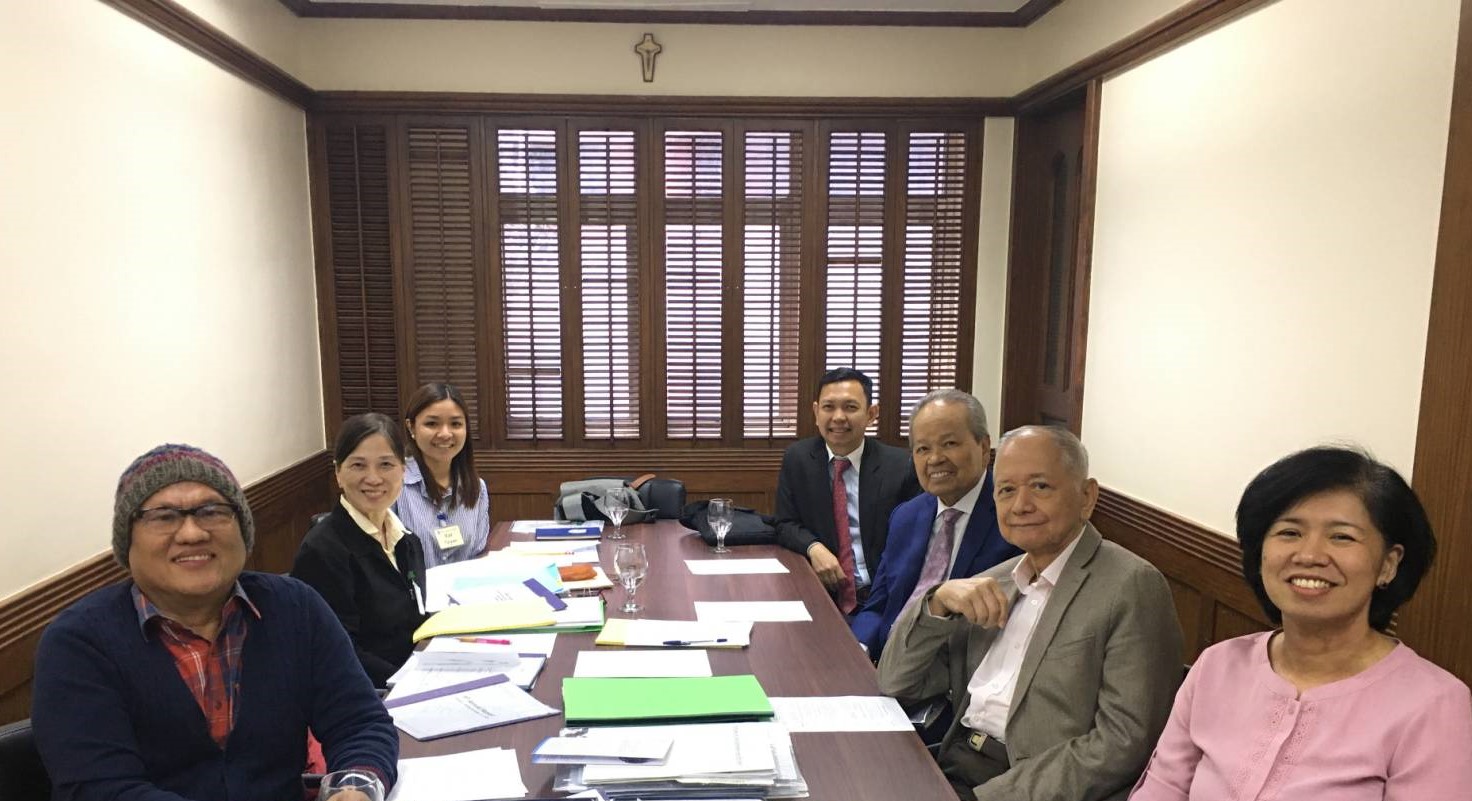The PCNC accreditation and BIR certification as donee-institution is a ladderized system. Qualified NGO that wants to apply for a donee-institution status with the BIR need to apply first for PCNC accreditation. In accordance with Revenue Regulations No. 13-98, PCNC accreditation is a “pre-requisite for the registration of non-stock, non-profit corporations and foundations with the Bureau of Internal Revenue (BIR) as qualified donee institution under Section 34 (H) (1) and (2) (c) of the National Internal Revenue Code”.
Accreditation
”The PCNC certification process is one of the very few government-recognized NGO certification systems in the world and has been the subject of discussion and possible replication by NGOs in different countries. It ensures professionalism, accountability and transparency within the NGO and nonprofit sector in the Philippines by providing a Seal of Good Housekeeping, which will hopefully also help identify NGOs of good standing for funding agencies and partners.
ADB. 2013. Civil Society Briefs: Philippines.
PCNC Accreditation
PCNC Certificate of Accreditation
BIR Certificate of Registration as donee institution
Moreover, PCNC accreditation is not only an assurance of NGO-applicant’s compliance with regulatory requirements but also a seal of legitimacy and good NGO housekeeping that is recognized by the government, the NGO sector, and local and international donor community — a demonstration that the PCNC-accredited organizations have met the standards of good governance, financial stewardship, and operational transparency and accountability. As such, an NGO may still seek PCNC accreditation even if it does not intend to acquire the BIR registration as donee-institution.
Accreditation Guidelines
The evaluation and accreditation process aims at improving the effectiveness of NGOs so that they become increasingly accountable, credible, and capable in providing services to those in need and to be instrumental in creating a culture of giving. It is an opportunity for NGOs to identify organizational strengths and areas for improvement and how these shortcomings could be mitigated, if not eliminated, for improved performance.
The purpose of PCNC evaluation is both “summative” and “formative”.
Scope of Evaluation
An NGO-applicant is evaluated based on standards along six dimensions of NGO organizational performance, as follows:
- Organizational Purpose. This examines the organization’s purpose or purposes provided in the Articles of Incorporation and their coherence with the mission, vision, goals and core values. The organizations mission and goals should justify its existence.
- Governance and Leadership. This dimension covers the organization’s governance structure, direction-setting, strategic planning and policy formulation, institutional performance management, and mechanisms for internal control and risk management.</li
- Program/Operations Management. This examines the policies, procedures and practices in managing the delivery of the organization’s programs or services, including program/service design and planning, implementation, monitoring, evaluation, and learning.
- Collaboration. This looks into the linkages or partnerships that the organization establishes with other organizations in pursuing common development agenda.
- Administration. The organization’s administrative policies, procedures and practices that cover human resources, procurement, asset management, safety and security, and other support services are assessed under this dimension.
- Financial Management and Sustainability. This dimension examines the sufficiency and appropriateness of the organization’s policies, procedures, and practices for the efficient and effective management of its financial resources that are anchored on the principles of accountability, transparency, and sustainability.
Based on the results of the evaluation, an NGO may be certified for either one year, three years or five years.



Accreditation Process
PCNC accreditation is a six-step process that can be completed within three months depending on the readiness of the applicant-NGO.
The evaluation conducted by PCNC is an opportunity to determine organizational strengths and areas for improvement of an NGO. These are coupled with recommendations from the VPEs of mitigating actions that an NGO may take to improve operations. As one accredited organization shares, “The PCNC certification, including the whole process of having it renewed, encourages us to improve the delivery of our programs and services, as well as strengthen our organizational management systems.”

